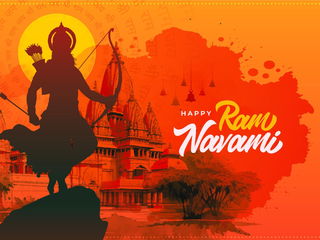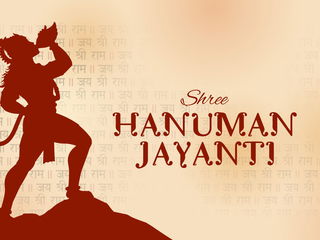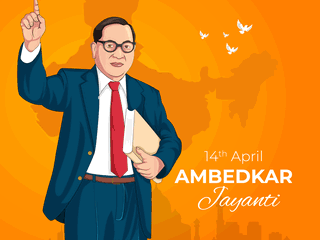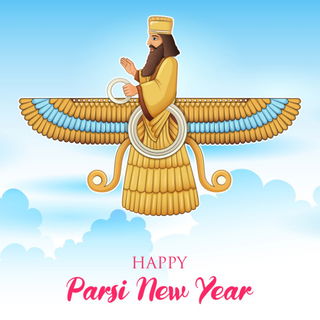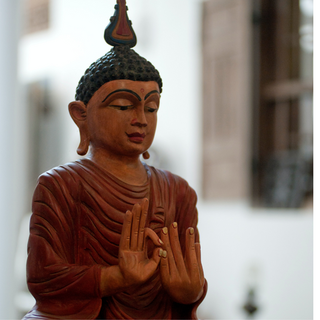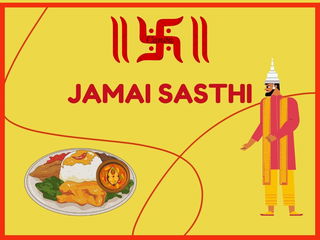- Calendar
- Calendar 2025
- April
- Bengali New Year (Poila Baisakh)
Bengali New Year (Poila Baisakh)
Poila Baishak, also known as Nobo Borsho or Bengali New Year, marks the start of the new year for Bengalis. It will be celebrated on April 14 2024.
'Poila' means first and 'Baisakh' is the first month in the Bengali calendar. Thus, Poila Baishak marks the first day of Baisakh month or the first month in the Bengali calendar.
It is an official holiday in West Bengal, and Tripura so schools, colleges and offices remain closed. It is also a national holiday in Bangladesh. However, Bangladesh celebrates Poila Baisakh a day earlier.
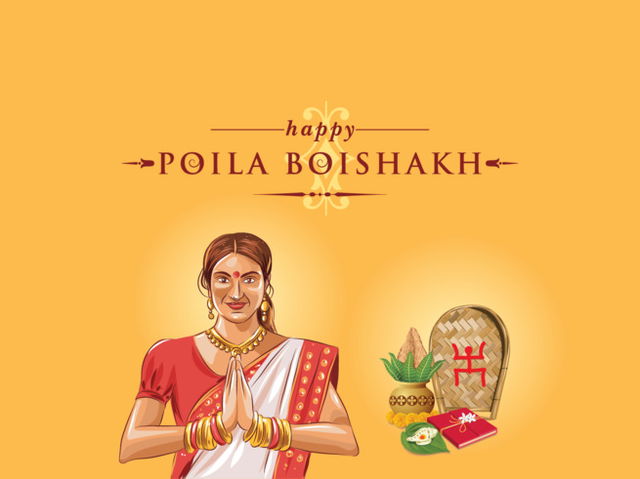
Last year in 2023, the West Bengal Legislative Assembly declared Poila Baisakh as the West Bengal Foundation Day or Bangla Dibas.
Poila Baisakh Celebration and Traditions in West Bengal
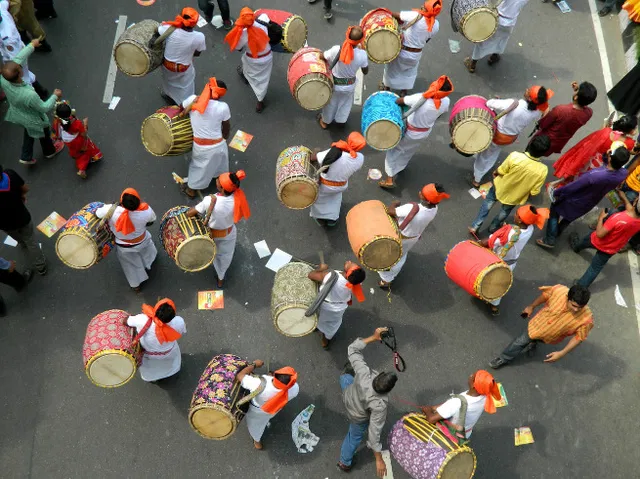
On Poila Baisakh, West Bengal comes alive with colourful rallies and fairs, filled with dancing and singing, as people celebrate the new year.
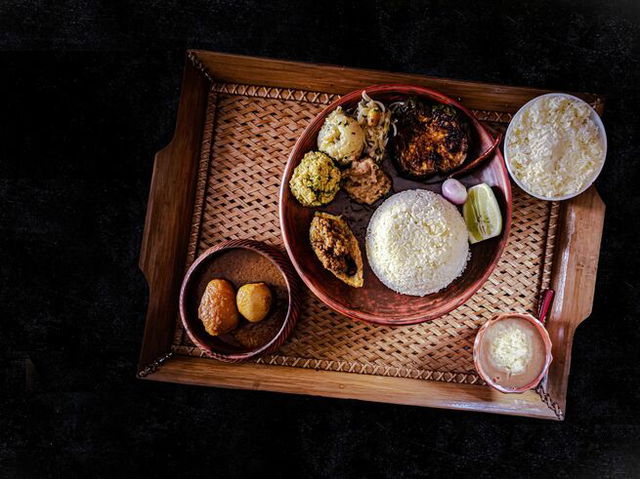
The smell of delicious Bengali meals such as Luchi, Cholar Dal, Aloor dum, Khichuri, beguni, pulao, Kosha Mangsho and payesh fill the air on this day.
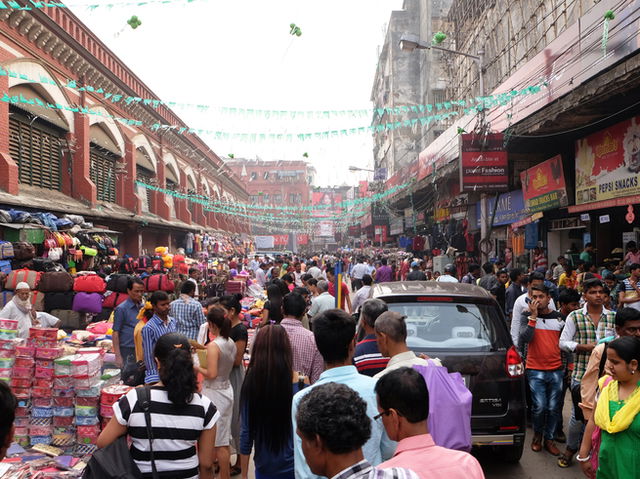
Poila Baisakh is an excellent opportunity for shopaholics on a budget. Famous markets such as New Market, Gariahat, Hatibagan and Esplanade offer lucrative deals and discounts that you just cannot miss. The shopping spree begins a month earlier in Chaitra.

Poila Baisakh or Bengali New Year means new clothes! Women wear the traditional Atpoure sarees while men don traditional Panjabis or Kurtas.
Families and friends meet and greet 'Subho Nobo Borsho' (Happy New Year in Bengali) to each other.
History and Significance of Poila Baisakh
Poila Baisakh is believed to have been created during the Mughal rule in India specifically during Akbar's reign in 1584. He came up with a Mughal calendar which was basically a combination of the Islamic and Hindu calendar to calculate tax collection season more efficiently.
According to this calendar, the Bengali New Year or Poila Baisakh and the tax season coincided and it was thus made into an official time of festivity in the Mughal Court.
It was on Poila Baisakh when Bengali zamindars used to offer sweet dishes to their subjects.
Many people also believe that the history of this celebration dates back to 593 AD with the assumption of the throne by King Shashanka. He ruled the Gauda kingdom.
Poila Baisakh is a significant festival in the Bengali community. It marks the beginning of a new year when family and friends get together and pray for a fruitful year ahead. Additionally, Poila Baisakh holds cultural significance as it symbolizes renewal, rejuvenation, and the celebration of traditional Bengali customs and heritage.
People say the first day of the Bengali New Year will determine how the rest of the year turns out. This is why it is considered an auspicious occasion for marriages, starting new businesses, paying off old debts, and so on.
You might like to read these articles next:
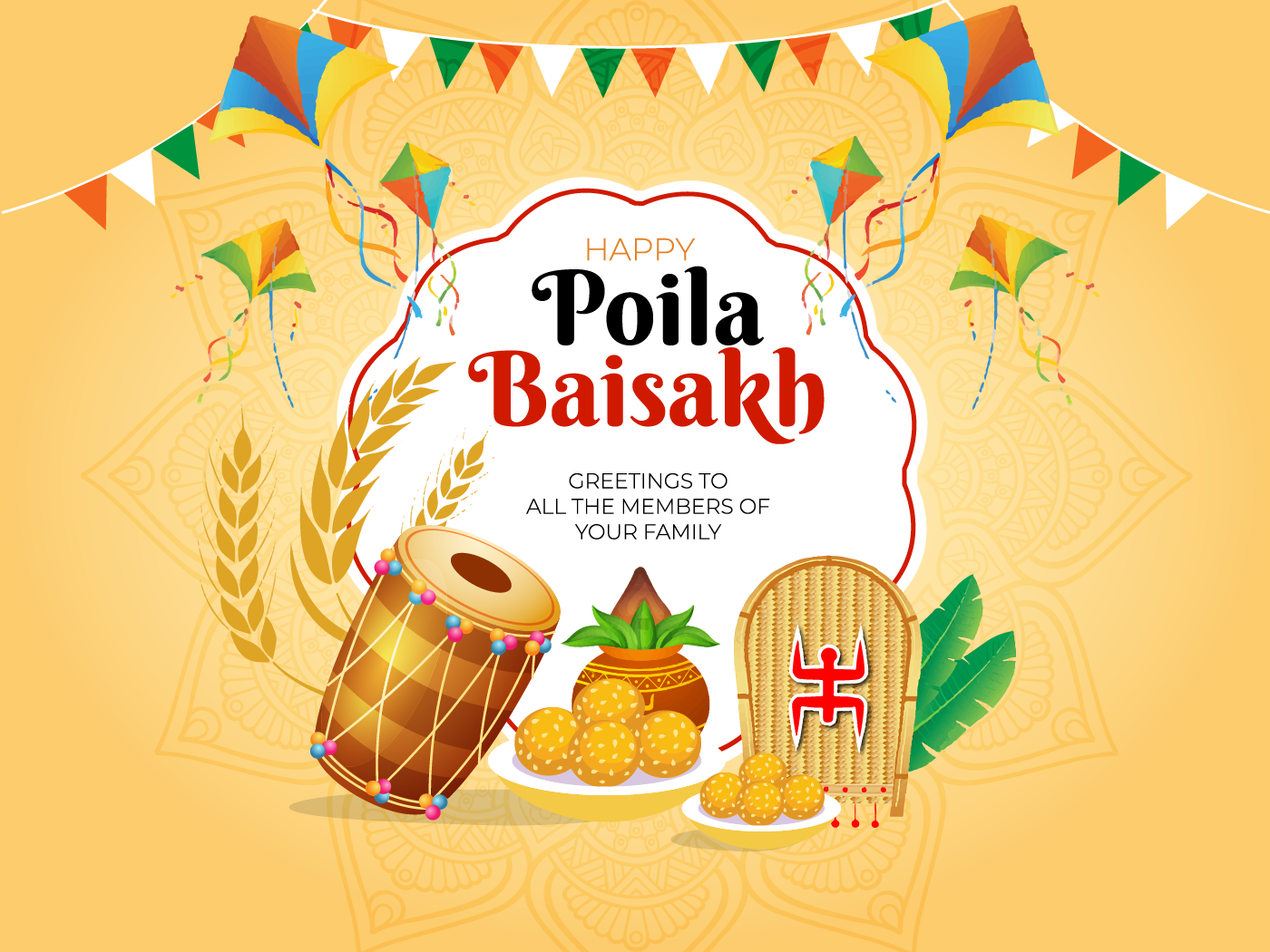
Other Celebrations
-
Jan 01 Wed
-
Jun 26 ThuIslamic New Year
-
Oct 22 Wed
-
Dec 31 Wed
-
Jan 03 SatMahayana New Year
-
Feb 18 WedLunar New Year

